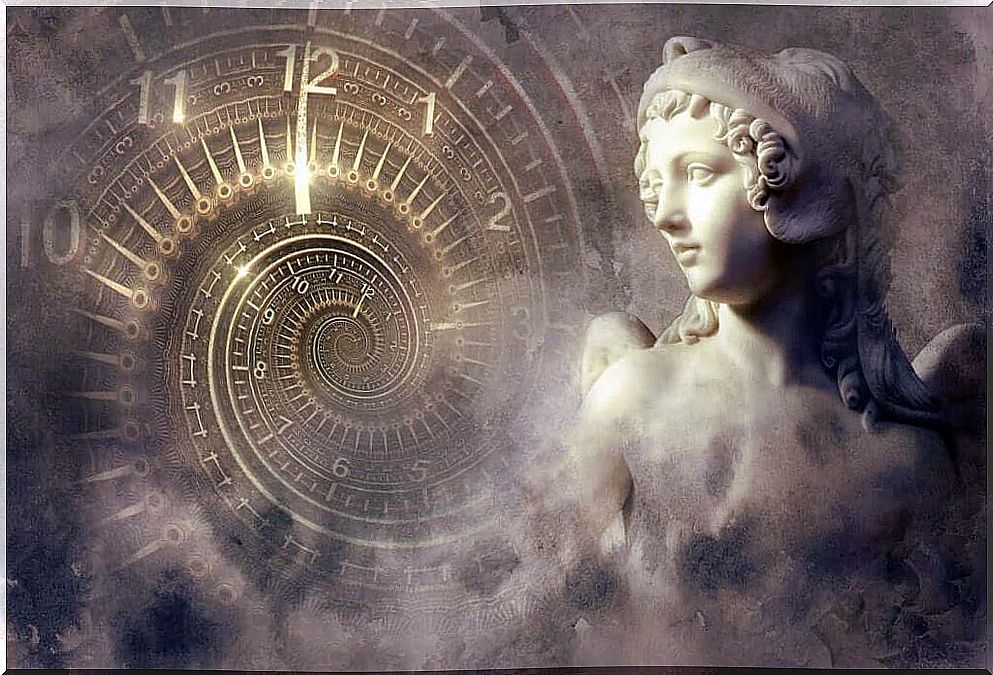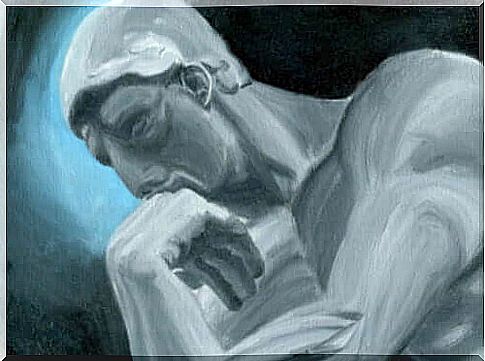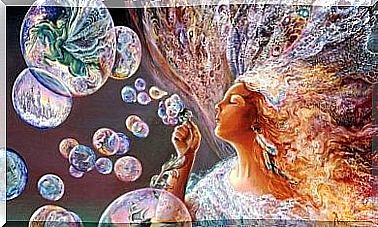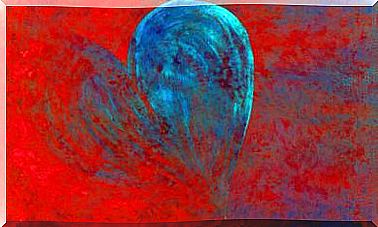Aporia Or Wisdom Of Contradictions

The term aporia is derived from Greek, and it can be defined as uncertainty or confusion mode, when it is exposed to two opposite but equally acceptable for argument. Good examples of this include William Shakespeare’s famous classic “to be or not to be” or the classic question of “which came first, the egg or the chicken”. These are unresolved issues, philosophical problems that rarely lead us in any direction.
In the past, however, and in the era of Plato and Socrates, such reasoning was a valuable exercise for discussions and in-depth dialectical exercises. The most important thing was to arouse suspicion, to ask a rhetorical question and thus, through this, to create a transition between the ambiguity of the world, the contradiction of life and, at the same time, the insignificant complex reasoning.
After all, the reality around us is full of unbearable aporia. We are, for example, an incredibly individualistic globalized society. We are free beings, but at the same time victims of the thousands of conditions and infinite mechanisms that shape and standardize us.
Aporia is the wisdom of contradictions that invites us to make valuable reflections, but which at the same time do not lead us in any direction…

What is aporia and what is its purpose?
When referring to Aporia, it is impossible not to mention the reasoning errors of the Greek philosopher Zeno Elealaine. One of them was known as the “Achilles and the Turtle Paradox”. The essence of this idea was based on the following argument: movement does not exist per se. The Stoic Enlightened One treated mobility as a concatenation of dormant states, that is, as the sum of still images.
For this reason, for the Zeno Eleale, the turtle could be as fast or faster than the Greek light-footed hero Achilles, because movement, like time, are just illusions. Thus, and on the basis of this premise, he explained that when an arrow is thrown into the air, in reality it does not move at any point. In other words, the movement of the arrow is the result of the infinite sum of its rest points. So what can we say in the face of such reasoning? If we rely on classical mechanics and Newton’s laws, we can, of course, refute Zeno’s ideas completely.
However, if we integrate Zenon’s own perspective on the continuum of dormant states, it can be understood. Therefore, by understanding these examples, we can see that aporia is a familiar feeling to all of us.
After all, it is precisely this uncertainty that we sometimes experience when we are exposed to two contradictory but interesting and sometimes even valid thoughts. It is a node of confusion that invites us to reflect, even if it is not directly solvable.
In order to find, you need to deconstruct: the value of everyday contradiction
“Aporetic” is an interesting adjective that we should pay more attention to. In fact, it would be good for us to acquire this quality, to engage in this kind of reasoning and reflection that allows us to deconstruct many of our realities and thus thereby realize that there are more different options, perspectives, and realities.
Dismantling aporia means that we can find contradictions in things and also accept that there are daily opposing ideas in their basis and essence, but they can be accepted nonetheless. In addition, it is possible to learn from each approach, even if it is not compatible with other issues. In any case, the main goal is simply to arouse confusion, which in turn leads us to reflect and, through this, also to accept the opposite as part of life.
Different types of aporia
Today, we use the term “aporia” as a synonym for difficult. We are doing this to represent that impasse, the challenge that has no obvious sensible solution. For Greek philosophy, however, aporia was like a mystery, like an exercise that encouraged dialogue and the exchange of ideas, theories, and approaches. So we should not see aporia as a futile Gordian knot. The state of this uncertainty should invite us to analysis and reasoning. Therefore, it is interesting to understand that when we talk about aporia, we can find two different typologies.

Argumental aporia: part of the doubt
Such aporia is always based on a question thrown into the air – a question that often serves as a question for others to think about even knowing that there is no clear answer to it. The aim is therefore simply to favor the emergence of different ideas and arguments.
It is interesting to know that most aporia always start with questions. “Which came first, the egg or the chicken?” or “can we always believe what our eyes see, or do we see through our personal interpretations and opinions?”
Tonal aporia: part of the opinion
In this second typology, we encounter a somewhat aggressive or at least showy aporia. In this case, the aim is not to seek dialogue but to lead to the truth. Thus, we would have limited ourselves to showing solely that “the chicken came before the dick”. The idea still causes us contradiction, but the statement already has a certain tone and it seeks to convince us of this preconception.
In all cases, it would be most appropriate to use an argumentative aporia based on the question. Only in this way will dialogue and reflection be encouraged.
Finally, in addition to the classical metaphors used by Plato and Aristotle, which they presented in their rhetorical questions with their students, we are faced with one indisputable fact; we can find several apores around us in modern society. There are still many paradoxes in politics, society and the world of advertising that confuse us with their nonsense.
It is, of course, true that, given our position, we cannot solve anything. The contradiction is sometimes constant: we can understand all points of view, but still confusion catches us. Realizing this, embracing it, and reflecting on these antagonistic universes is positive and enriches what we already know as the wisdom of contradictions.









